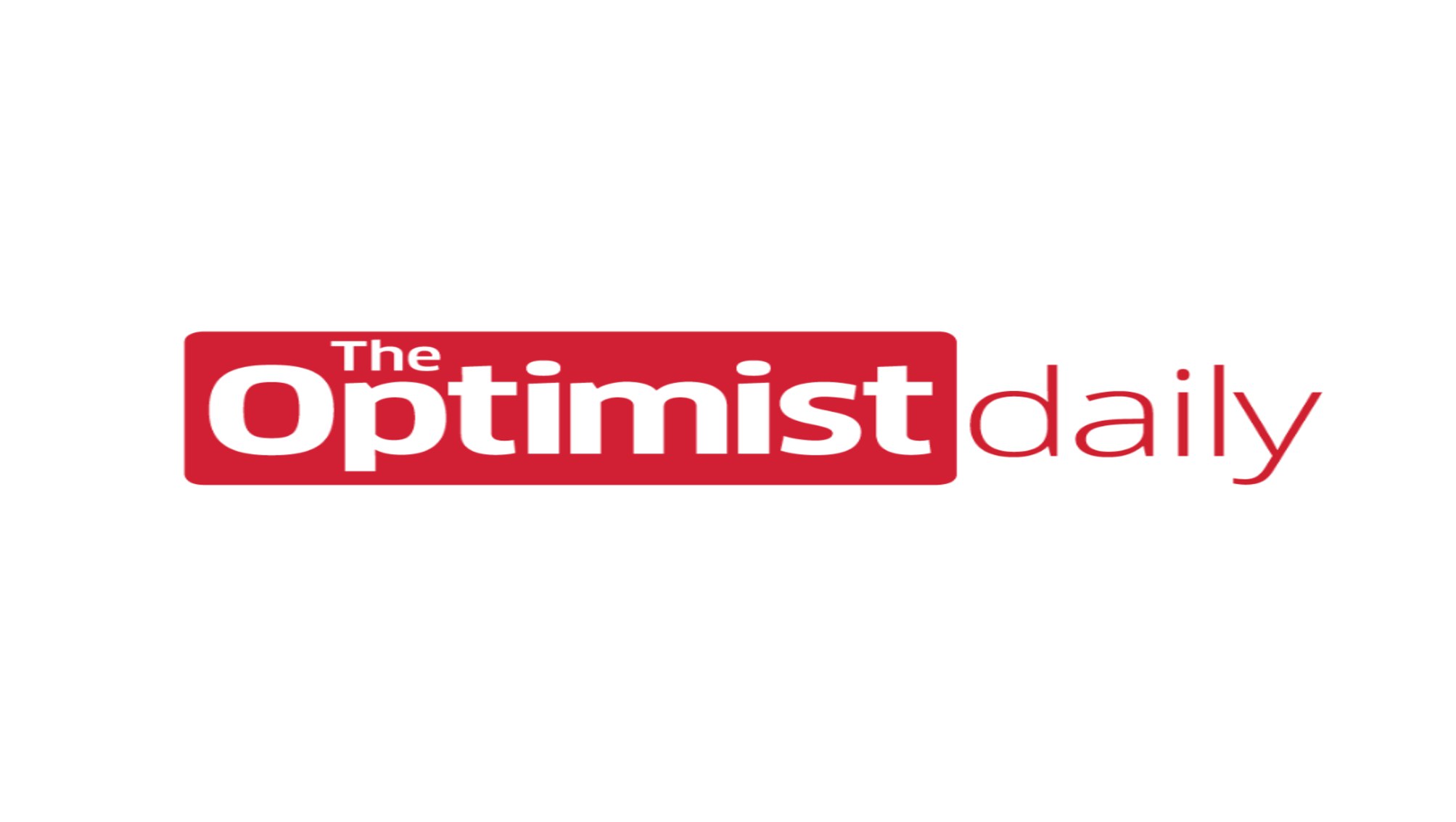In August 2013 Facebook launched Internet.org, a partnership between Facebook and Airtel Africa, a leading telecom provider, that aims to bring free Internet to those without connectivity in developing countries. The first Internet.org app has just been released for a trial run in Zambia, and should become available in other countries soon.
The Internet.org app provides all Airtel Africa customers with free access to Google, Wikipedia, government and health information, job listings, weather updates, email, and of course Facebook. With these programs available, the country now has the opportunity to become more directly involved in the “global knowledge economy,” as Mark Zuckerberg, Founder and CEO of Facebook, puts it.
Facebook expresses in their mission statement the desire to “give people the power to share and make the world more open and connected.” With the launch of Internet.org, it has become apparent that, in the eyes of the company, this desire extends beyond just the social realm.

“The Internet now accounts for a larger percent of GDP [gross domestic product] in many developed countries than agriculture and energy,” Zuckerberg says. “It has also accounted for twenty-one percent of GDP growth in developed countries in the past five years.”
Gross domestic product refers to the total monetary value of the goods and services provided by a country over a period of time. A rising GDP can indicate higher wages, a lower unemployment rate, and overall, a healthier national economy. If the Internet does have a direct effect on GDP, as Zuckerberg claims, then increased connectivity is worth a try in a country like Zambia, where the present rate of economic growth cannot support the rapidly expanding population.
Coming online could not only make Zambia more economically stable, but raise its overall standard of living as well. By increasing Zambia’s level of connectivity – currently at fifteen percent of the population – more people will have valuable information at their disposal that they might not have had otherwise. On a global level, Zuckerberg estimates that increased connectivity will create 140 million new jobs, and bring 160 million people above the poverty line.
Facebook also announced in March that its Connectivity Lab is working on developing various technologies that can provide Internet access to remote regions. In his paper on the project, Connecting the World From the Sky, Zuckerberg states that physical barriers are currently the most significant obstacles to providing Internet access to unconnected areas. To solve this issue, Facebook has hired experts from NASA’s Jet Propulsion Lab and other aerospace research centers to discover ways to effectively use aerial and satellite technology to provide connectivity to regions with low-density populations.
More information on these efforts can be found on Internet.org’s website.












